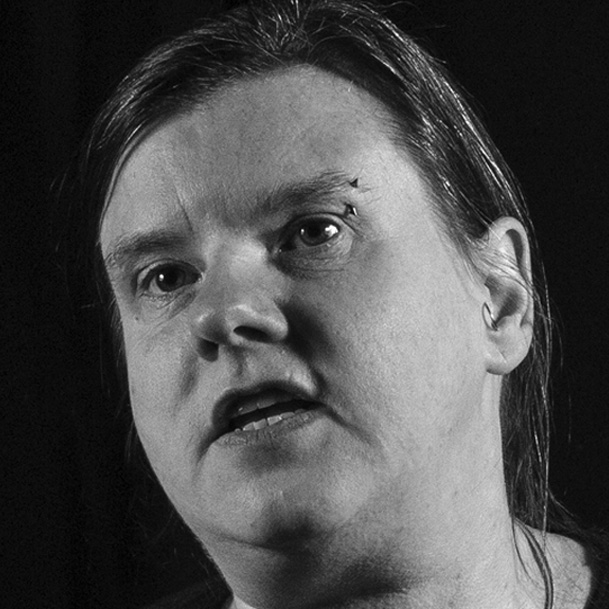The Little Things
I used to think of kindness as more of an abstract thing that existed on its own, but I’ve realized that it is part of day-to-day interaction and practice between humans; it’s the way that we co-operate with each other. Often people describe kindness by saying, “It’s the little things,” like walking down the street and getting smiled at by a stranger. These moments are very powerful. We don’t think about them often, but they matter to everyone—especially immigrants, refugees, and asylum seekers escaping war and conflict.
Viktor Frankl, Austrian holocaust survivor and psychiatrist, wrote about the importance of people finding meaning in their ordeals in order to recover: “We who lived in concentration camps can remember the men who walked through the huts comforting others, giving away their last piece of bread. They may have been few in number, but they offer sufficient proof that everything can be taken from a man but one thing: the last of the human freedoms—to choose one’s attitude in any given set of circumstances, to choose one’s own way.”
We who lived in concentration camps can remember the men who walked through the huts comforting others, giving away their last piece of bread.
In the early 2000s, the English government decided to save money by sending asylum seekers to live in empty apartment buildings in some of the poorest and most deprived areas in the north of England and Scotland. Without any consultation in advance with the local communities, and amongst very negative media coverage, tensions soon ran high, leading to violent attacks on the newcomers. In Glasgow, for example, a young asylum seeker was murdered. So, in 2004, I founded conFAB, an organization that worked on community theatre and anti-racism projects in Scotland. Through my work, I was introduced to Frankl’s writings and saw for myself what he had described: that people who were able to talk about kindness they had experienced seemed to find it easier to accept and give kindness in their new homes, and so were better able to adapt to their new lives. Their ability to recognize kindness, especially from strangers, in the worst of circumstances seemed to help them emotionally process what they had been through.
So I set myself on a mission to collect a thousand stories of kindness from many different countries and take them out around the world to raise awareness about the importance of kindness. Kindness doesn’t really get promoted well in the media. When it is mentioned, it’s presented as happy clappy, cutesy, or twee. So part of the purpose of A Thousand Kindnesses is to “bad ass–up” kindness with stories that are intense, emotional, and powerful—anything but “happy” or “clappy” or “nice.”
Despite seeking security in money or status or power, at the end of our lives all we really have to look back on are our stories
The show is designed for touring, with no complex scenery or elaborate special effects so that I can reach as many people as possible. Most of the stories I have been told are from people who had come to Scotland, but I have also met people in Chile, Germany, and Canada. It can be hard for these people to tell their stories and they are challenging stories to hear—you’re asking them to talk about extremely difficult times. But it’s also uplifting. Some people prefer to talk in person, while others like to talk online or via email. Some talk using a stage name to protect their identity.
Despite seeking security in money or status or power, which can all vanish in an instant, at the end of our lives all we really have to look back on are our stories. So, if somebody shares their story with me, I consider it an enormous gift—a huge act of kindness and generosity from them to me. When a story is heard it’s granted meaning, a purpose, which matters to each person. And, as Frankl showed, it also matters to the wider world, to all of us working towards sharing our humanity, overcoming the brutality of war, and welcoming newcomers to their new homes.
A Thousand Kindnesses is on at Tarragon Theatre’s Extraspace from June 29 to July 10 as part of the Toronto Fringe Festival.
Click here for tickets or more information.









Comments